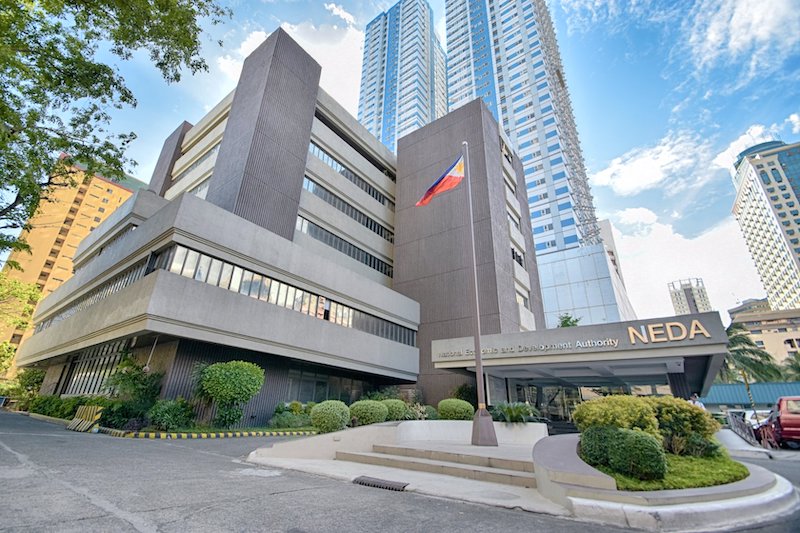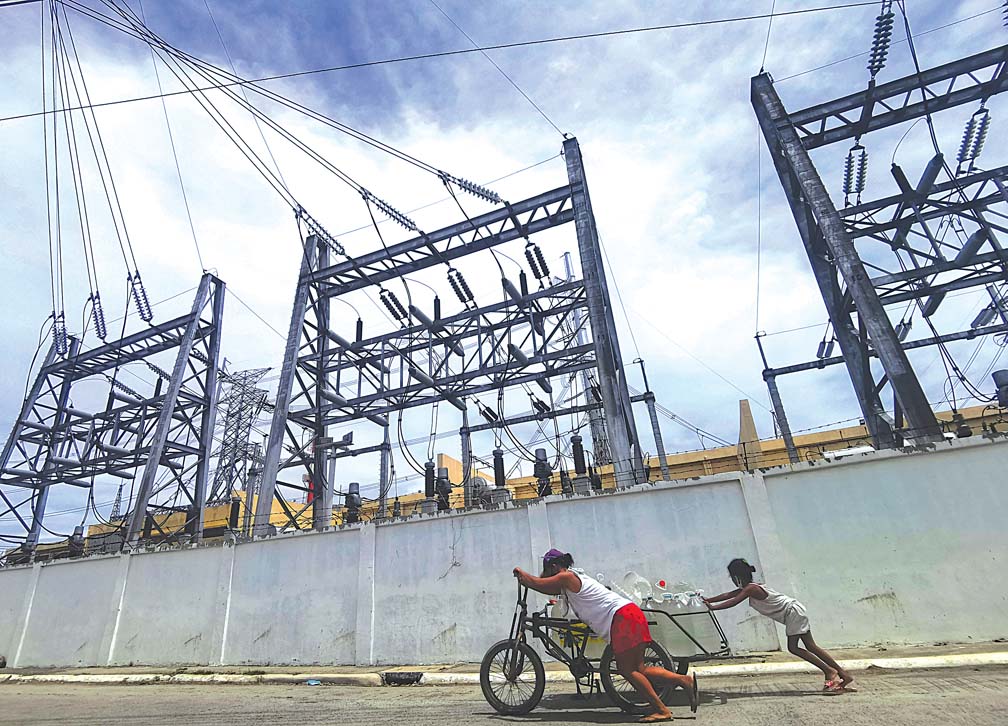MEMBERS of the Asia-Pacific Economic Cooperation (Apec) have agreed to strengthen public-private partnerships to reduce food losses in the supply chain of the fishery and livestock industry, the Philippine Center for Postharvest Development and Mechanization (PhilMech) said on Monday.
The PhilMech said stakeholders from both the public and private sectors shared their ideas and experiences in developing policy recommendations, action plans and methodologies that can provide solutions to the global problem on food losses during one of the seminars organized as part of the ongoing Apec Food Security Week in Iloilo City.
The seminar was organized by the Ministry of Agriculture of Chinese Taipei, the Ministry for Primary Industries of New Zealand and PhilMech.
According to PhilMech, the Philippines, along with other economies, deemed it necessary to come up with policies and measures that will address wastage in the agriculture sector, specifically within the livestock and fishery industries.
PhilMech Director Rex L. Bingabing said there is a need to ensure the supply of affordable, safe and good-quality food.
“With the additional new challenges in food production such as climate change, decreasing production area and depletion of natural resources, food loss and food waste must be given serious attention,” Bingabing said in a statement.
Bingabing said the Apec members have a big role in addressing this challenge, since the majority of the total food production comes from the Apec region.
He said concerned institutions recognize that the problem on food wastage is not the sole problem of the government, so the private sector was called upon to contribute to the issue’s long-term solution.
Deputy Director General of the Department of International Affairs, Council of Agriculture of Chinese Taipei Dong-Chong Hsiou said the private sector plays a critical role in reducing losses along the supply chain.
“We are positive that this seminar will give value to the inputs and participation of the private sector, and so we encourage you to provide us with more creative and innovative ideas and solutions,” she said.
About 80 delegates from both public and private sectors exchanged information on research, trends, business models and postharvest technologies in the fishery and livestock industry during the seminar, according to PhilMech.
Foreign delegates from Chile, China, Japan, New Zealand, Papua New Guinea, Peru, the Philippines, Singapore, Chinese Taipei, Thailand, the US and Vietnam attended the seminar.

































